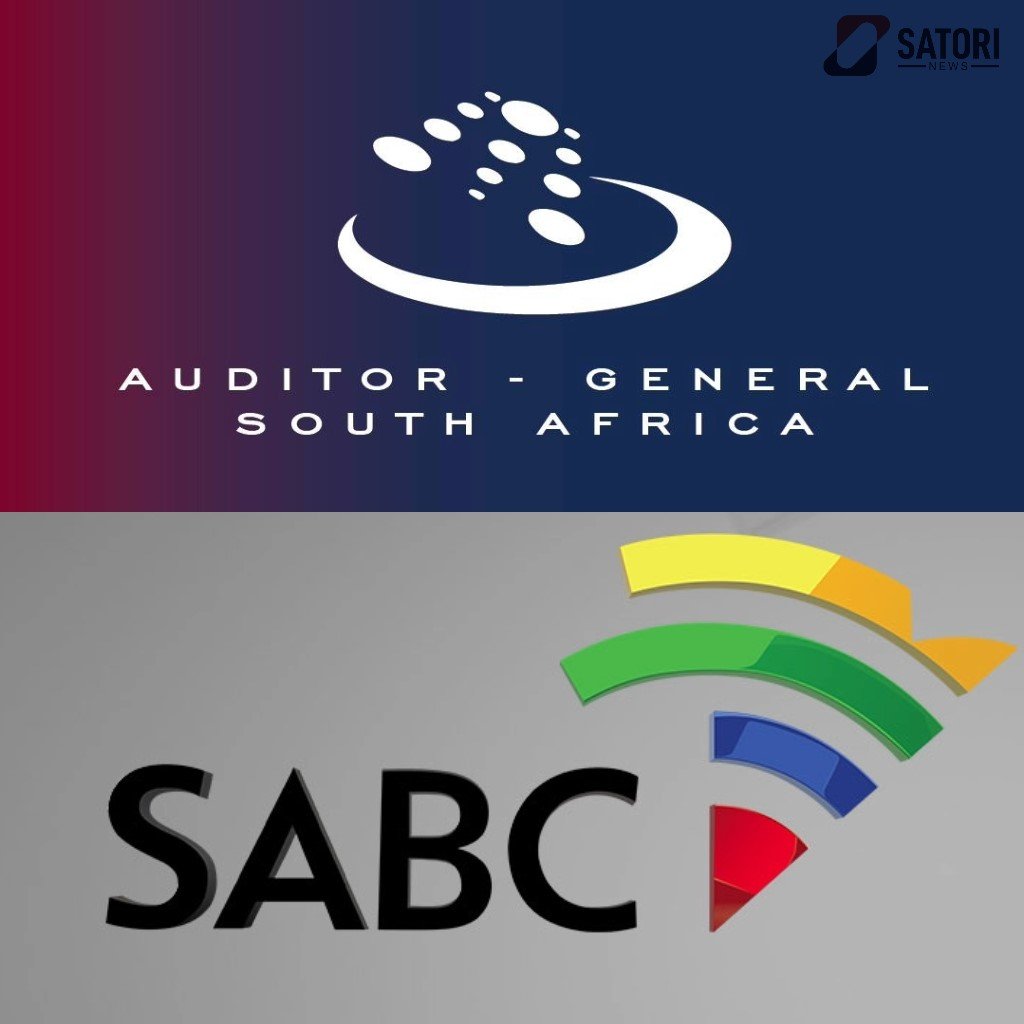Picture: for illustration purposes
SABC Financial Turmoil Called Out by Auditor-General Tsakani Maluleke
A critical audit report on South African Broadcasting Corporation (SABC) 2022-23 financials revealed grave concerns related to the broadcaster's financial stability. Auditor-General Tsakani Maluleke delivered the report, drawing attention to the state broadcaster's messy finances and diplomatic issues.
Maluleke conceded that the SABC's fiscal picture was so convoluted that she couldn't form an auditing conclusion. Such a disclaimer is a step-down from the broadcaster’s previous year's qualified audit opinion.
The SABC's balance sheet painted a bleak picture, showing a loss of R1.127 billion as of March 31, 2023, paired with current liabilities surpassing assets by R612 million. This financial situation propelled the public entity into commercial insolvency, unable to meet its debts when due, even with assets exceeding liabilities.
Further stirring the pot, Maluleke failed to confirm the validity of the SABC’s future viability or cash flow projections, adding uncertainty whether the financial statements should be prepared with 'going concern' optimism.
Among several points of concern, the SABC was found to have recognised TV licence fees of only R741m out of a total R4.651 billion. The SABC management's judgment flagged this situation, suggesting that the economic benefits associated with these deals might not flow into SABC accounts.
Additionally, the broadcaster found itself entangled in several lawsuits. Provisions for potential liabilities were unaccounted for in the organisation’s financial statements.
The public entity’s grim fiscal health was primarily ascribed to SABC top brass and board members, citing the lack of a functioning social and ethics committee as mandated by the Public Finance Management Act (PFMA). The board's absence during critical periods contributed to ineffective corporate governance and oversight.
After President Cyril Ramaphosa’s mid-term appointment of the board, Chairperson Khathutshelo Mike Ramukumba pledged attention towards salvaging the corporation's financial stability but acknowledged the importance of overhauling the organisation's funding model amidst escalating solvency risks.
In closing, CFO Yolande van Biljon admitted the corporation’s precarious state, confirming a net loss after interest and tax of R1.13bn. Still, she assured that several interventions aim at managing the financial risk.










